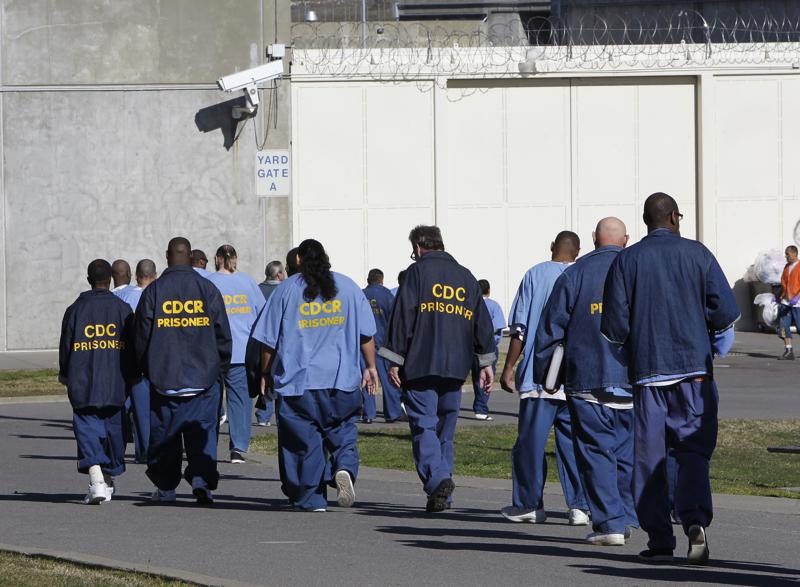Gun Law Enhancements Can Result in Lengthy Sentences. LET’S TALK CRIMINAL GUN ENHANCEMENTS (AB1509) Under California gun laws, a sentence for a felony case can be “enhanced” if a gun was possessed or used during the commission of a crime. These laws can extend sentences well beyond the maximum punishment for the principal crime itself.…
Continue reading ›Immediate Response!











